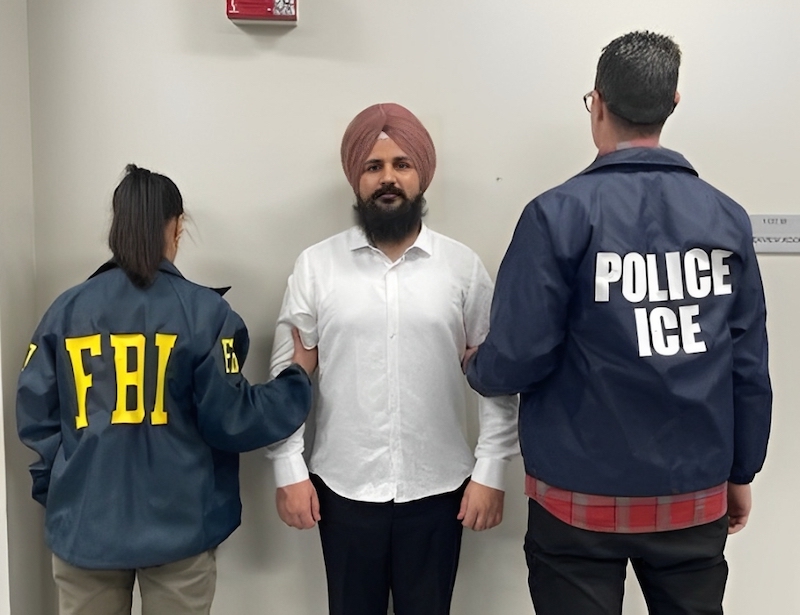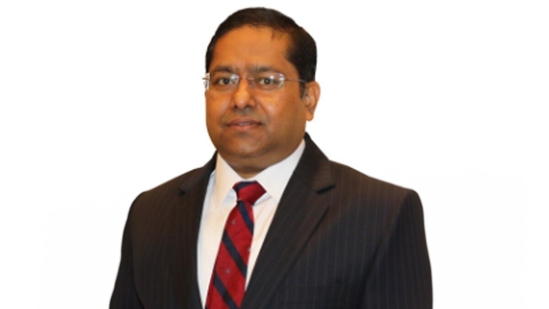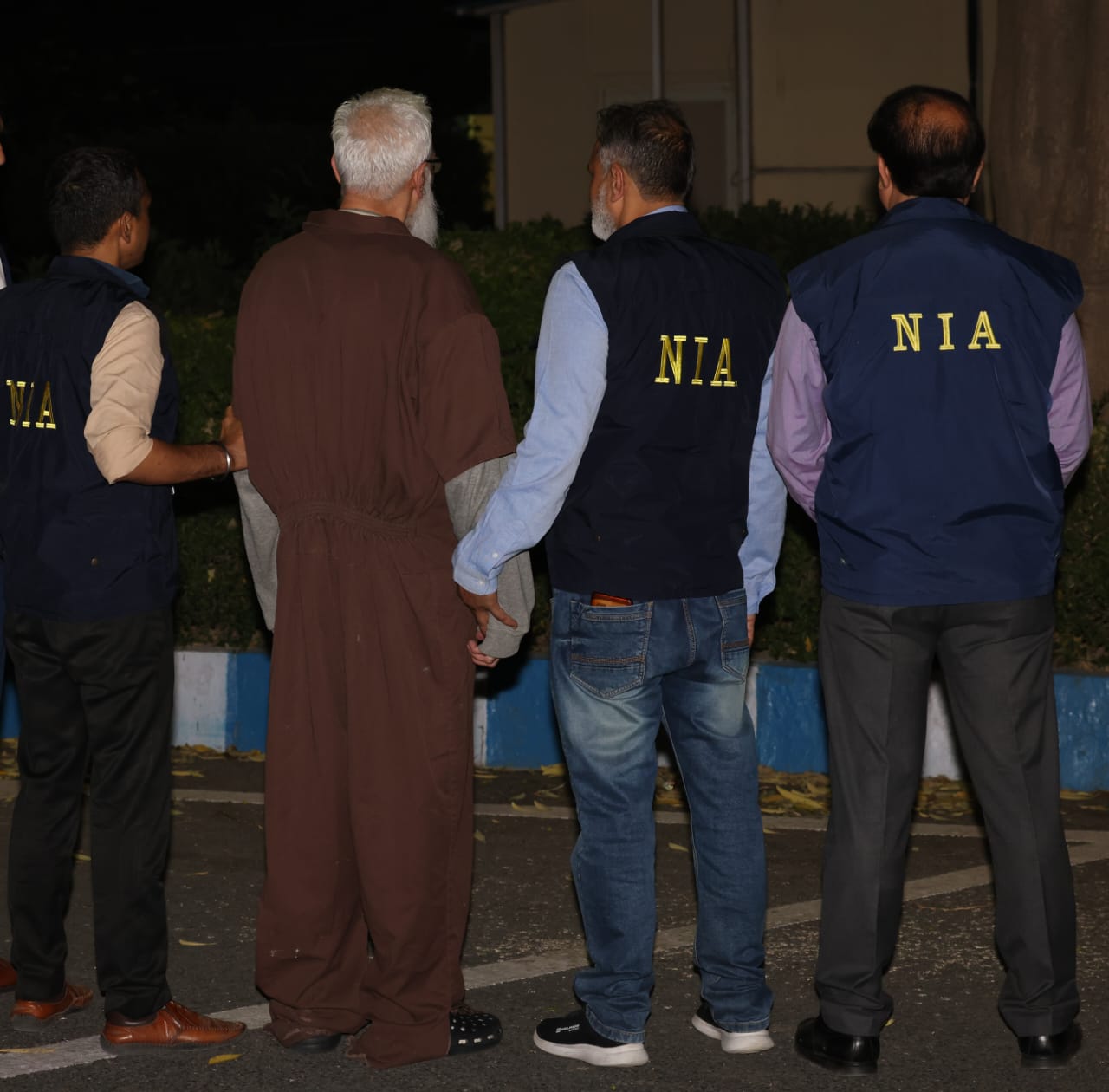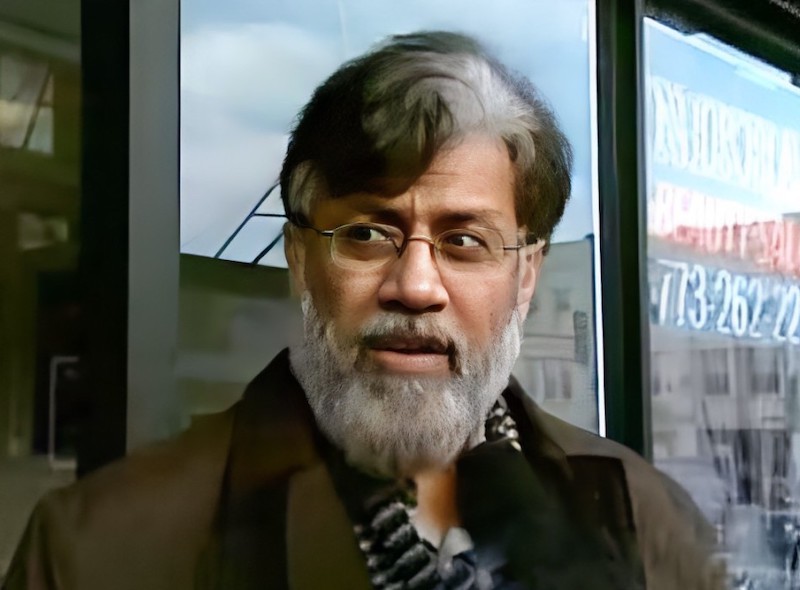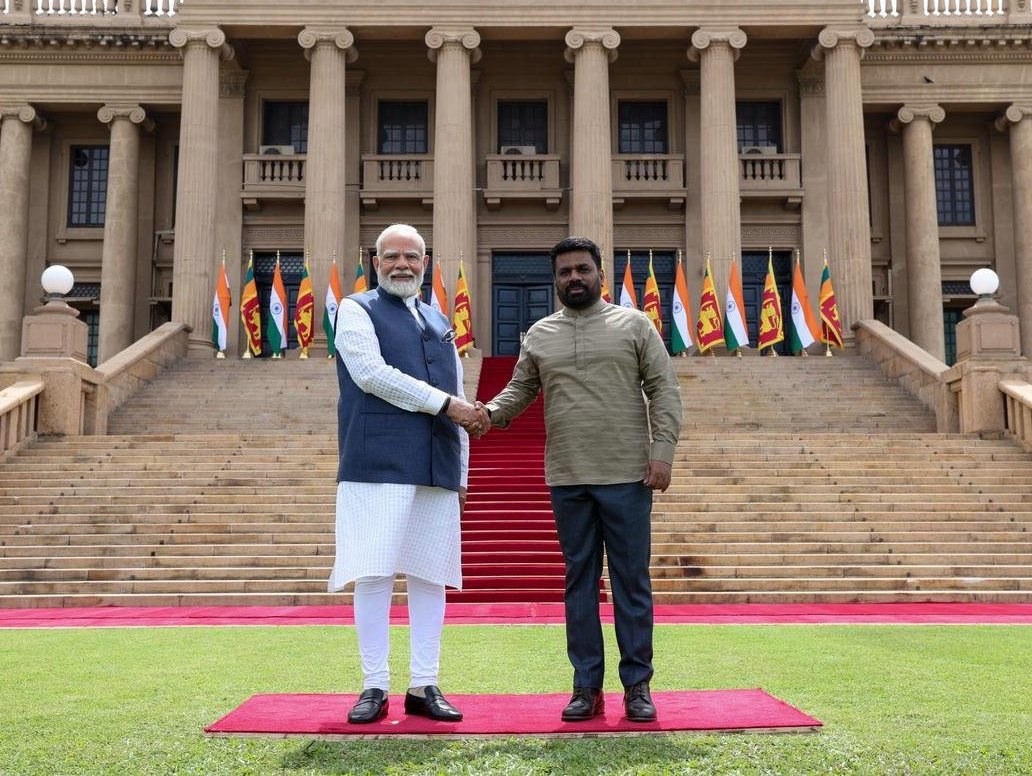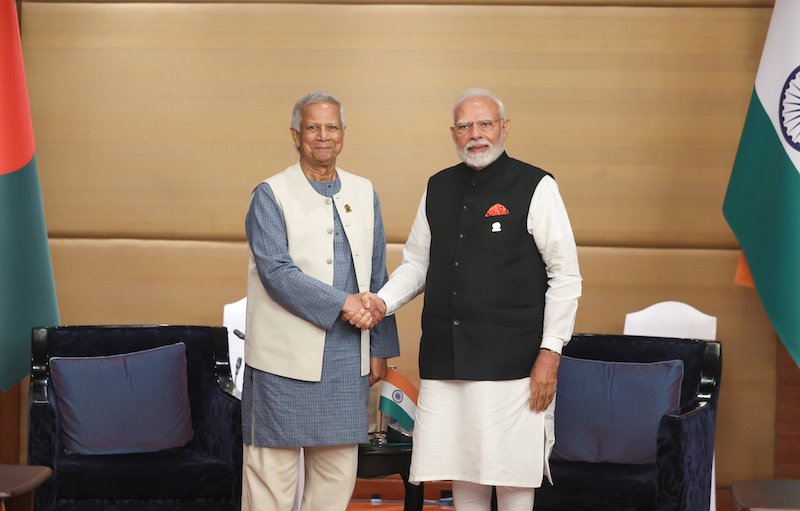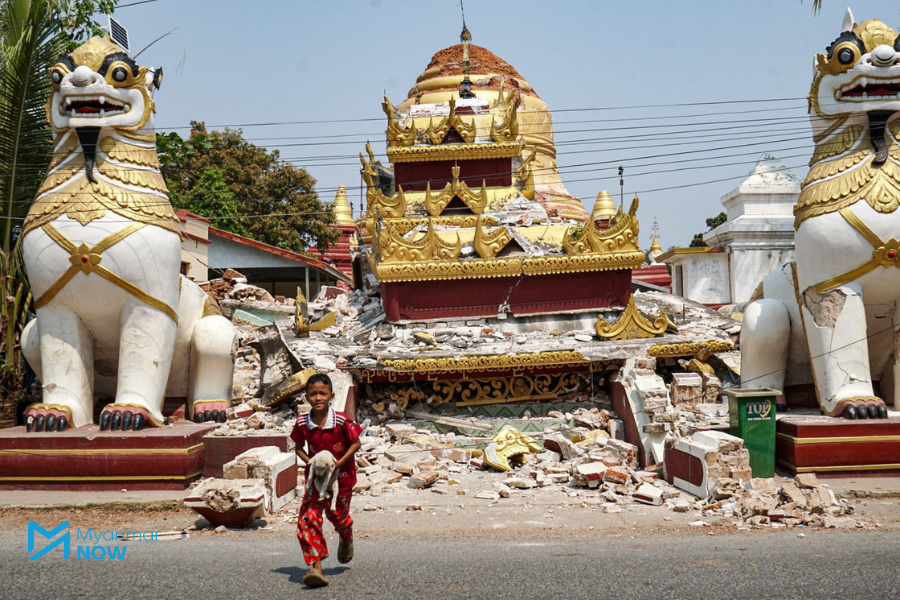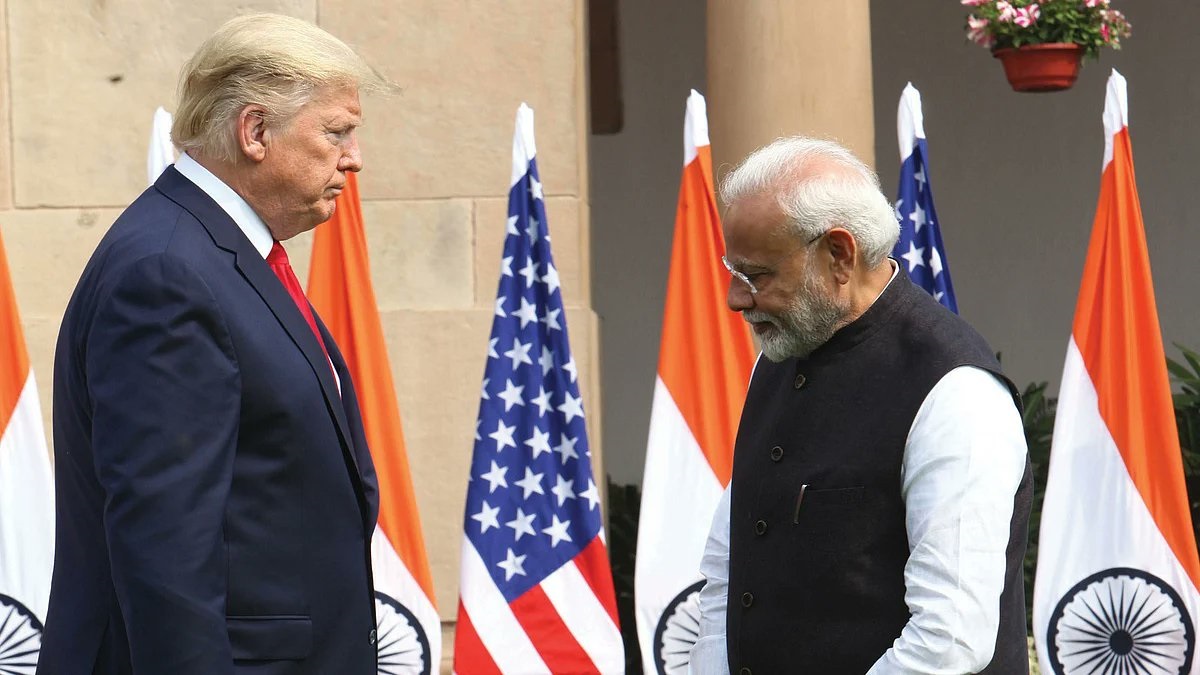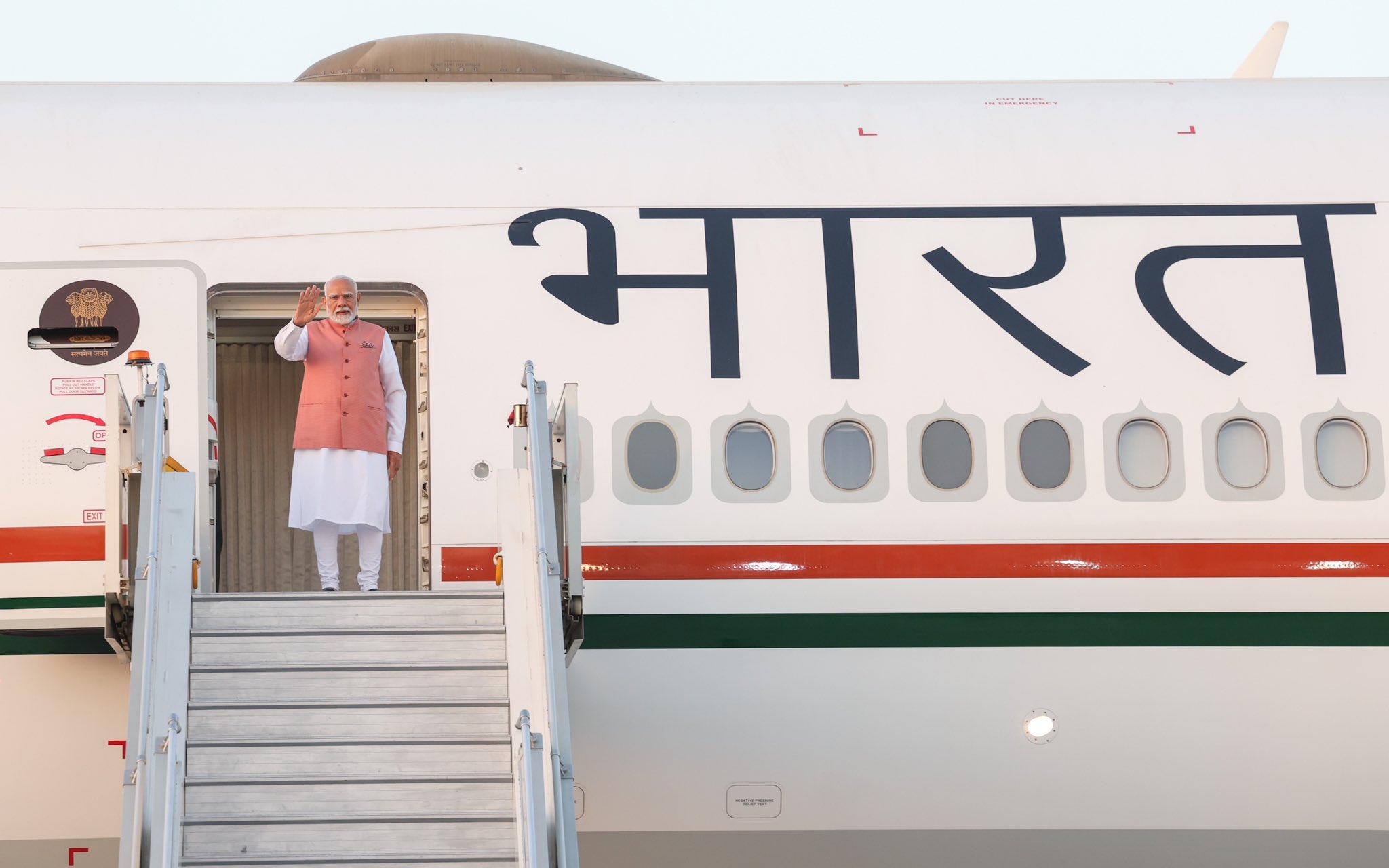 Justin Trudeau (L) and Narendra Modi. (Photo via Twitter)
Justin Trudeau (L) and Narendra Modi. (Photo via Twitter)
New Delhi: The Canadian prime minister, Justin Trudeau, claimed on Monday that his country has “credible evidence” that the Indian government is responsible for the assassination of prominent pro-Khalistan hardliner Hardeep Singh Nijjar in Canada. The allegation evoked strong reaction from India and the row snowballed into a major diplomatic crisis between the two countries by the end of Tuesday.
On Monday, addressing the House of Commons in Canada’s parliament, Trudeau said that in recent weeks, Canadian national security authorities had been probing allegations that New Delhi was behind Nijjar’s killing. Using strong words, the Canadian prime minister said, “Any involvement of a foreign government in the killing of a Canadian citizen on Canadian soil is an unacceptable violation of our sovereignty.”
“Canada is a rule-of-law country, the protection of our citizens in defence of our sovereignty are fundamental,” he added. “Our top priorities have therefore been one, that our law enforcement and security agencies ensure the continued safety of all Canadians. And two, that all steps be taken to hold perpetrators of this murder to account,” he said.
Trudeau also apprised the Canadian parliament that he brought up Nijjar’s killing with the prime minister, Narendra Modi, at the G20 summit in New Delhi, last week. He said he told Modi that any Indian government involvement would be unacceptable, and that he asked for cooperation in Nijjar’s murder.
According to several international media outlets, Trudeau is reported to have shared whatever intelligence information his country has on the Nijjar assassination with the other four leaders of the “Five Eyes” (FVEY) intelligence-sharing alliance. Apart from Canada, the other four “Five Eyes” countries are the United States, the United Kingdom, Australia, and New Zealand.
Soon after Trudeau’s speech, Canada’s foreign minister, Melanie Joly, briefed the Canadian House of Commons on this matter. In her speech, she also confirmed that this development made her order the expulsion of a “senior” Indian diplomat from the country.
India calls allegation ‘absurd’
Hours after Justin Trudeau’s speech in Canada’s parliament in which he alleged that there was “credible evidence” linking the Indian government with the assassination of the Khalistani militant leader Hardeep Singh Nijjar, New Delhi reacted sharply and rejected the Canadian prime minister’s claims. On Tuesday morning, the Indian foreign ministry, in a statement, called the allegations “absurd and motivated”.
It said: “Allegations of the Government of India’s involvement in any act of violence in Canada are absurd and motivated. Similar allegations were made by the Canadian prime minister to our prime minister, and were completely rejected.”
“We are a democratic polity with a strong commitment to rule of law,” it added.
It said: “Such unsubstantiated allegations seek to shift the focus from Khalistani terrorists and extremists, who have been provided shelter in Canada and continue to threaten India’s sovereignty and territorial integrity.”
The statement then rejected “any attempt to connect” the Indian government to such developments. It said: “We urge the government of Canada to take prompt and effective legal action against all anti-India elements operating from their soil.”
India rejects allegations by Canada:https://t.co/KDzCczWNN2 pic.twitter.com/VSDxbefWLw
— Arindam Bagchi (@MEAIndia) September 19, 2023
Soon, the foreign ministry summoned the Canadian high commissioner to lodge its protest. Then, in a tit-for-tat reaction, India too expelled a senior Canadian diplomat from New Delhi.
Who was Hardeep Singh Nijjar?
Hardeep Singh Nijjar, 45, was a Canadian citizen who was originally from Punjab’s Jalandhar and had been living in Canada for several years. He was the leader of Khalistan Tiger Force and a wanted terror suspect in India. He was also the leader of the Canadian chapter of a radical Sikh group called Sikhs for Justice.
In February 2018, the-then chief minister of Punjab, Captain Amarinder Singh, included Nijjar’s name in a list of nine wanted fugitives and handed it over to Trudeau. At that time, the Canadian prime minister was on a state visit to India. After a probe in July 2020, the Union home ministry designated Nijjar as an individual terrorist under the Unlawful Activities (Prevention) Act or UAPA.
He was shot dead on June 18 this year outside a Sikh cultural centre at Surrey in Canada’s British Columbia province.

